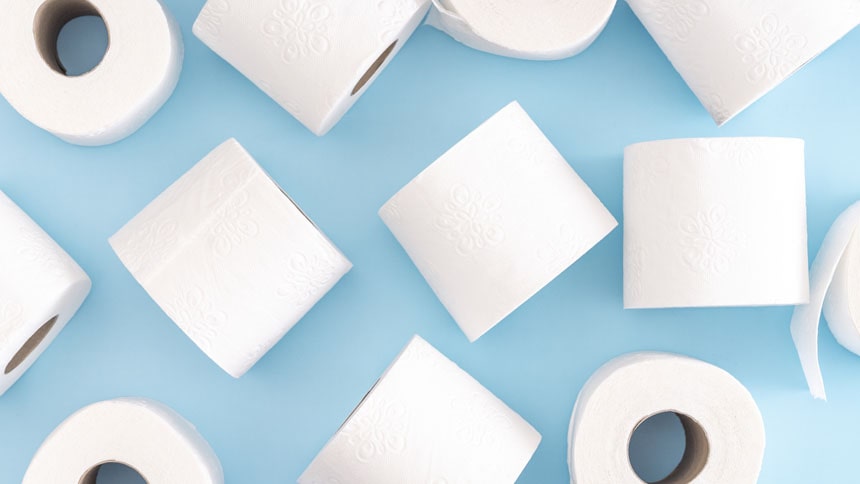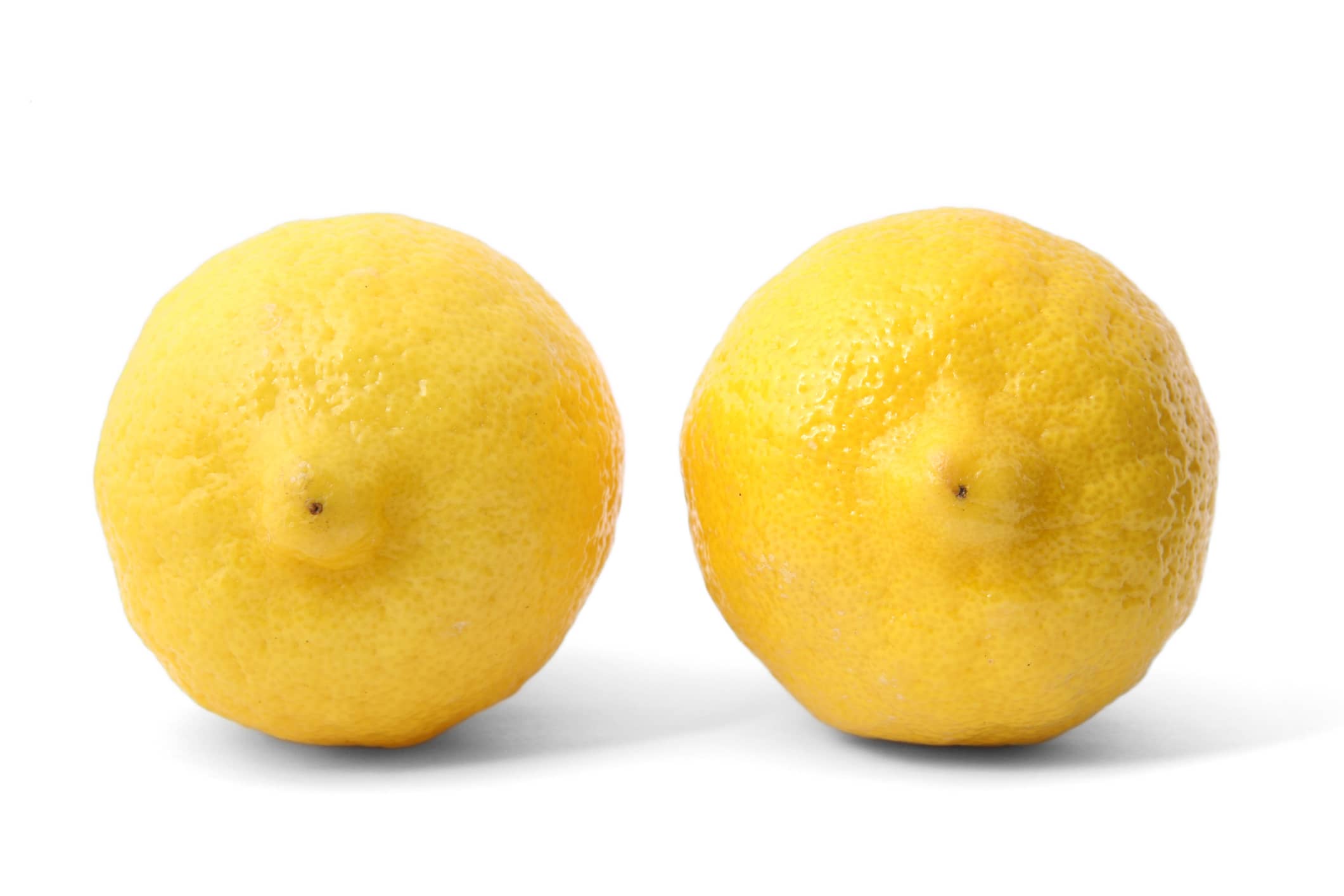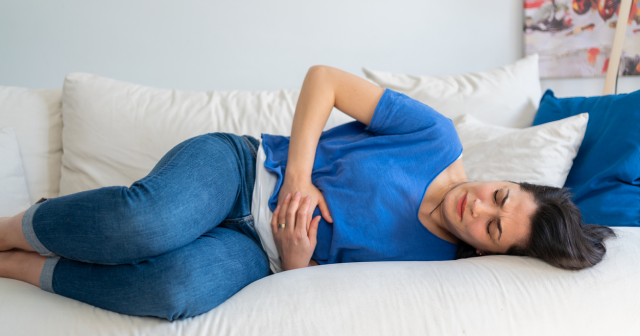Dry vagina and the menopause
Have you noticed vaginal soreness, itching or pain during sex that wasn’t there before? It could be due to vaginal dryness, which is common as your hormones change in the run-up to menopause (perimenopause) and after your periods have stopped (postmenopause). In fact, it affects more than half of women aged 51-60 who’ve been though the menopause.
As well as making you generally uncomfortable, vaginal dryness can make sex painful and even change the appearance of your outer genitals (vulva). It’s also sometimes part of a wider condition that can cause urinary problems. Yet many people don’t seek treatment.
You may feel embarrassed to ask for help, or think your symptoms are just a normal part of getting older. Also, symptoms may only start several years after your periods stop, so you may not connect them to the menopause.
But the good news is that vaginal dryness isn’t something you have to accept – there are self-care measures and prescribed treatments that can help you feel more comfortable. So read on to learn about the symptoms, causes and treatment options, and when you should see a doctor.
Vaginal dryness symptoms
Also sometimes known as vaginal atrophy, vaginal dryness in perimenopause and menopause can cause discomfort and pain.
Symptoms can include:
- soreness, itching or burning in your vagina or/and vulva
- pain during sex
- spotting after sex (always see a doctor about this to rule out other conditions)
- changes to your vaginal discharge – it may be more watery and slightly smelly
- dryness and shrinkage of the skin of your vulva – your genitals may look different
The pain and discomfort in your vagina and vulva may also put you off sex, which can lead to loss of sex drive (libido) and relationship problems.
What causes vaginal dryness in menopause?
Vaginal dryness can be caused by low levels of the female sex hormone oestrogen. Your oestrogen levels start to drop in perimenopause, then stay at a low level in menopause and postmenopause.
Oestrogen has many jobs in your body, including helping to keep the tissues of your vagina and vulva healthy and moist. So when your oestrogen falls, physical changes can happen in these areas, including changes in the stretchiness of muscles and thinning of skin. This can lead to dryness, soreness and irritation, and an increased chance of infections.
However, menopausal changes aren’t the only possible reason for your dry vagina. Read about other causes of vaginal dryness.
Menopause vaginal dryness self-care
If you’re noticing vaginal dryness and discomfort, there are things you can try to help you feel more comfortable.
Personal hygiene
When washing your vulva and genitals, it’s best to avoid perfumed soaps, washes or wipes, as these can cause irritation and make dryness worse. You might want to try an aqueous cream instead, which won’t disturb the natural balance of your vagina.
Your vagina itself is self-cleaning, so you shouldn’t put any water or soap inside – read more about how to clean your vagina.
Vaginal moisturisers and lubricants
Vaginal moisturisers can effectively ease dryness and soreness, and can be applied several times a week for long-term relief. They’re available to buy from pharmacies.
Water-based lubricants for sex are also widely available. They can be applied before penetrative sex to make your vagina feel wet and reduce friction, so that sex is more comfortable.
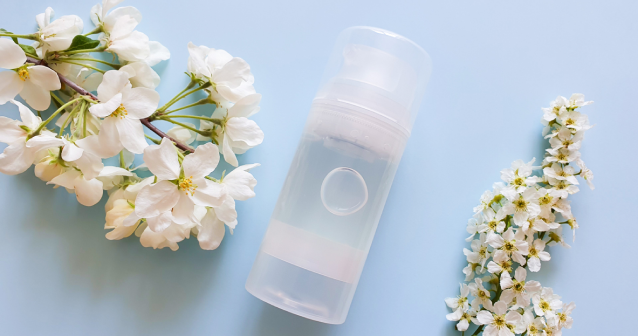
Sex and masturbation
Staying sexually active can help keep your vagina flexible, moist and healthy. Having penetrative sex increases blood flow to your vagina and stretches its tissues (which helps with elasticity), as well as increasing your natural secretions.
What’s more, if you’re having sex with a male partner, their sexual fluid contains steroids, hormones and fatty acids that can help to maintain vaginal tissue.
Masturbation, including with a vibrator, can have similar benefits. Vaginal dilators are also available, which can stretch and enlarge your vagina – these should be used with advice from a gynecologist, physical therapist or sex therapist.
When to see a doctor about menopause dryness
If you’ve tried self-care measures and things haven’t improved after a few weeks, or vaginal dryness is affecting your quality of life, you should see a doctor to discuss other treatment options.
Menopause vaginal dryness is often part of a wider condition called urogenital atrophy or genitourinary syndrome of the menopause (GSM), where the tissues of your bladder are also affected. This can cause symptoms such as needing to pee more urgently and often, and frequent urinary tract infections (UTIs), as well as changes to your pelvic floor. So if you’re getting other symptoms, it’s a good idea to speak to your doctor.
Occasionally, the symptoms of vaginal dryness can be similar to other conditions, so see a doctor if you’re not sure what’s causing yours. It’s best to see a doctor as soon as possible about any of the following, as they could be signs of an infection or other condition:
- unusual vaginal discharge
- a combination of suddenly needing to pee very often or urgently, pain when you pee, blood in your pee, cloudy or smelly pee, pain in one side of your back or a high or low temperature
- UTIs that keep coming back or don’t get better with treatment
- abnormal vaginal bleeding, including after sex, between periods or after the menopause
It’s also important to see a doctor if you think could be at risk of a sexually transmitted infection (STI).
How is menopause vaginal dryness diagnosed?
A doctor will look at your medical history and symptoms to diagnose vaginal dryness. They may do a pelvic examination to see if your vaginal skin is thin and dry, and check for any rashes or skin changes that might suggest another condition. They may also take swabs or a urine sample to rule out an infection.
Occasionally, they will recommend blood tests to check your hormone levels or to rule out other possible causes of your vaginal dryness.
Treatments your doctor can prescribe for vaginal dryness
Local oestrogen products
Local oestrogen products come as tablets, pessaries, creams and gels that you insert into your vagina, or rings that release oestrogen over several months. They reduce vaginal dryness by restoring oestrogen to your vaginal tissue.
They can also help to correct the pH balance of your vagina and regulate bacteria, which can reduce your risk of infections such as thrush.
Hormone replacement therapy
Available as tablets, patches or gels, hormone replacement therapy (HRT) restores the hormones you lose during the menopause. It works on your whole body, rather than just your vagina.
It can help with many menopause symptoms, including vaginal dryness. If you’re also getting other menopause symptoms, such as hot flushes, anxiety or brain fog, or urinary symptoms caused by GSM, your doctor can help you decide if HRT is suitable for you (often in combination with local oestrogen forms of HRT).
Other medications
If necessary, your doctor may be able to prescribe other medications, if they’re suitable for you.
Dehydroepiandrosterone (DHEA) is a medication you insert into your vagina, where it’s converted into oestrogen and testosterone to help with thinning and dryness. It can also be used to help with bladder problems associated with GSM.
Ospemifene is a medication you take as a tablet, which targets oestrogen receptors in your vagina. It can help make vaginal tissue thicker and less fragile, and can also help with GSM bladder problems.
Watch this space: other potential treatments for vaginal dryness
Laser therapy
Laser therapy is a recently developed possible treatment for vaginal dryness. It involves a laser device being inserted into your vagina and used on your vaginal wall, which is thought to help with thinning vaginal tissue, improving suppleness (elasticity) and lubrication. It may also be beneficial for some GSM-related bladder problems.
However, it currently isn’t recommended for general use in the UK, as more research into its long-term safety and effectiveness is needed.
Sea buckthorn oil
There is limited evidence that sea buckthorn oil may help with vaginal atrophy. In a small study, people with postmenopausal vaginal dryness who took sea buckthorn for 3 months showed some improvements in vaginal health, as measured by the quality of the vaginal lining.
Other vaginal health markers, such as moisture and acidity, also showed some improvement – but bigger studies are needed to confirm this. It could be an area to watch in the future.
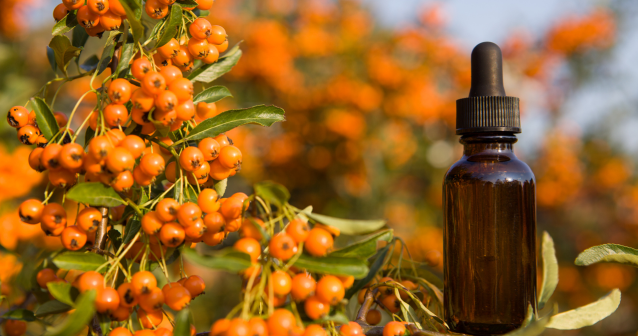
Your health questions answered
Can local oestrogen products help with GSM urinary symptoms?
Answered by: Healthily’s medical team
“Yes, local hormone treatments can help with urinary symptoms of GSM such as urge incontinence, frequency and discomfort on passing urine, as well as reducing your risk of UTIs. This is because they can help reverse the changes that menopause causes, helping to rebuild the thickness of the lining of your vagina, bladder and pee tube (urethra), and improving blood flow. However, stress incontinence will need other treatments, such as pelvic floor exercises or treatment from a pelvic floor physiotherapist (which your GP or practice nurse should be able to refer you to). Pelvic floor exercises can also help prevent prolapse, which can be another symptom of GSM.”
Can you use vaginal oestrogen products if you’re also taking HRT?
Answered by: Healthily’s medical team
“Yes, you can. Even if you’re already taking hormone replacement therapy (HRT) for other menopause symptoms, you can also be prescribed local oestrogen products to treat vaginal dryness, which will focus the hormone where it’s needed. See your doctor for more advice.”
What’s the best lubricant for menopause dryness?
Answered by: Healthily’s medical team
“This can come down to personal choice, but water-based lubricants are often recommended for use during sex if you have vaginal dryness. These feel and act like natural lubrication, can safely be used with all types of condoms and won’t stain fabrics. You may want to try a few lubricants and see what works best for you.”





